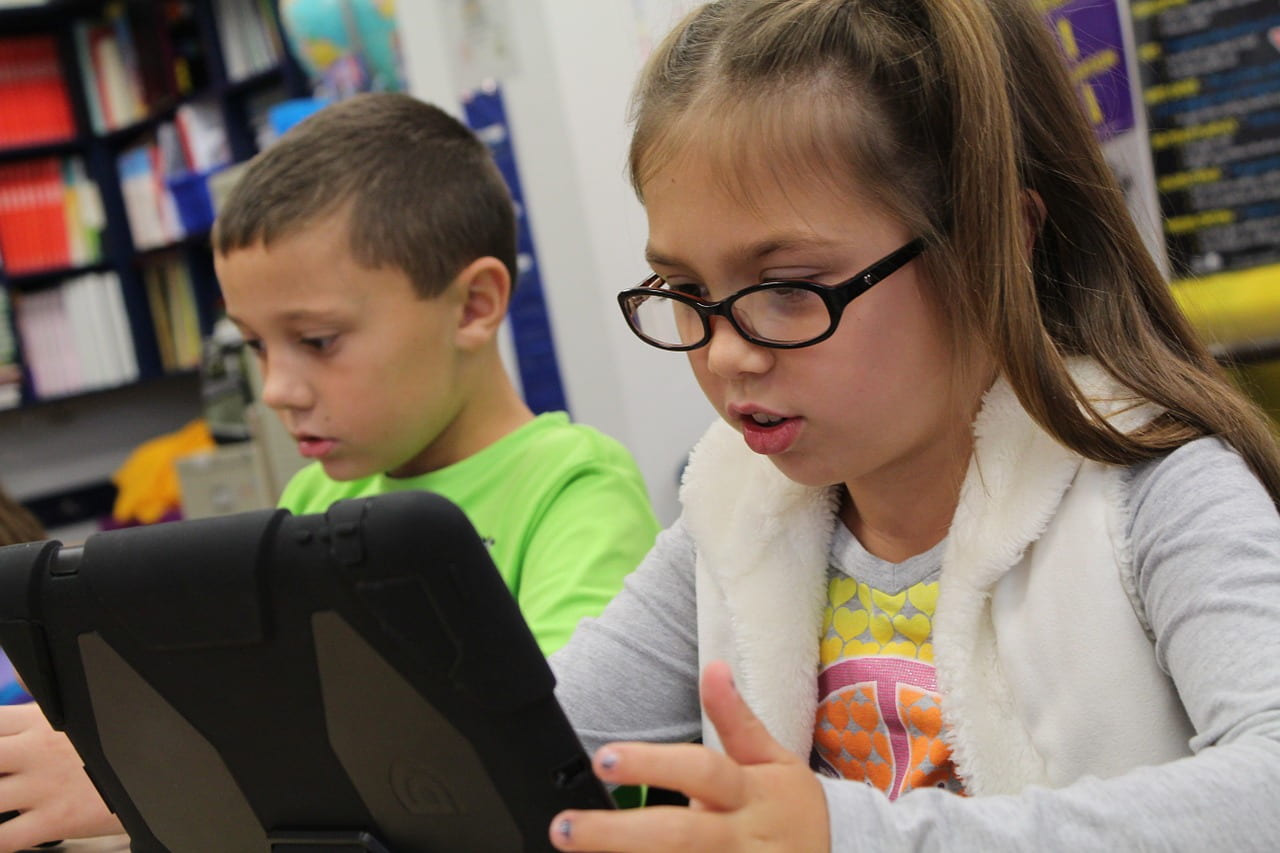
SchoolPRPro / Pixabay
Every year, I create an online virtual summer school “classroom” that my English Language Learner students can use and receive extra credit from me or their other teachers in the fall.
And, every year, I share the new list (you can see past ones at The Best Resources On The “Summer Slide”).
They change based on the classes I’ll be teaching, what sites have gone under or have emerged, and the interest from other teachers in our school.
The criteria include that the resources are accessible and engaging to ELLs (without requiring the teacher to create them), the cost is non-existent or minimal, and that they are relatively easy to set-up virtual classrooms so teachers can monitor student progress. Most also have apps students can download to their phones, since so many only have Internet access through that device.
Here they are (please let me know if have suggestions of ones I should add or if any of the information I share is not correct):
For The ELL World History Classes I’ll Be Teaching:
ReadWorks. The negative is that, as far as I can tell, it requires teachers to manually enroll students (as opposed to being able to have students register themselves – students register, but then have to click on their names inputted by the teacher) and also require the teacher to create assignments for students to do (as opposed to give them free rein to choose what they are interested in). However, it’s the best site I’ve found for this subject. And it’s free!
For The Beginning and Intermediate ELL Classes I’ll Be Teaching:
Duolingo For Schools (students get a code from the teacher and register themselves). It’s free.
Raz-Kids costs $110 annually for about thirty students, and it’s worth it. Lots of great books that provide audio support, along with comprehension quizzes. Teachers have to manually add student names.
USA Learns lets you create a virtual classroom and students can register themselves. It has four different leveled courses, including one for U.S. Citizenship. It’s free
Brainpop ELL can cost a fair amount, and I’m not sure if we’ll still have access to it. If your school has purchased a Brainpop subscription, it’s a great resource.
Epic Books is like a free Raz-Kids site. Teachers have to manually input student names.
ESL Video lets students select a video of their choice and take a quiz, and then send the results to a teacher by using a code. It’s free.
I’m trying out Read Theory, which has students do an initial assessment and then provides articles to read. It’s free.
For Students Going Into Higher English Proficiency English Classes
Epic Books is good for them, too (Raz-Kids would also work, but it’s too expensive for me to buy more student seats).
Common Lit is a great free site for excellent reading resources.
Math
Khan Academy: As far as I can tell, there is no way to create a classroom at Khan Academy where students can choose their own assignments in their own languages. Give that, I’m sharing this suggestion to students:
Go to Khan Academy and watch videos. If you would like to receive extra credit, watch a video and write three sentences in English about what you learned:
For other languages, go here.
Xtra Math offers lots of activities in multiple languages. It’s free, though the student sign-up process is more complicated than other sites.
Science
I couldn’t really find a good site for Science. Legends Of Learning looks like a great resource, but it seems to require paying if you want students to use it outside of your classroom. Let me know if you have a suggested Science site.
Again, what other suggestions do you have, and please let me know if I’m missing something in my descriptions of the sites I plan to have students use.



Hi Larry,
I love your blog, and especially this post! It’s all so helpful. I have a question for you. When I taught “regular” English for native English-speaking students, I was required to teach Greek and Latin root words. Now I teach all ESL and have more autonomy over what I teach. Do you think it’s helpful to teach root words to English learners? I’m just wondering if it’d be worth my time next year. Any insight you could give me would be much appreciated!
Thanks in advance,
Kelsey
I generally have not, though I think it could be useful in a science class.
Hmm, okay. Thank you for taking the time to respond!
Hi Larry and Kelsey,
I’ve been teaching vocabulary through Greek and Latin roots for half the year, after teaching specific voc through the classroom reading. Students have not only learned more words, but they have retained these words compared to the first half of the school year. I teach EAL students in Vietnam, 10th grade. I defintely think it’s worthwhile. Lots of research to back it up as well.